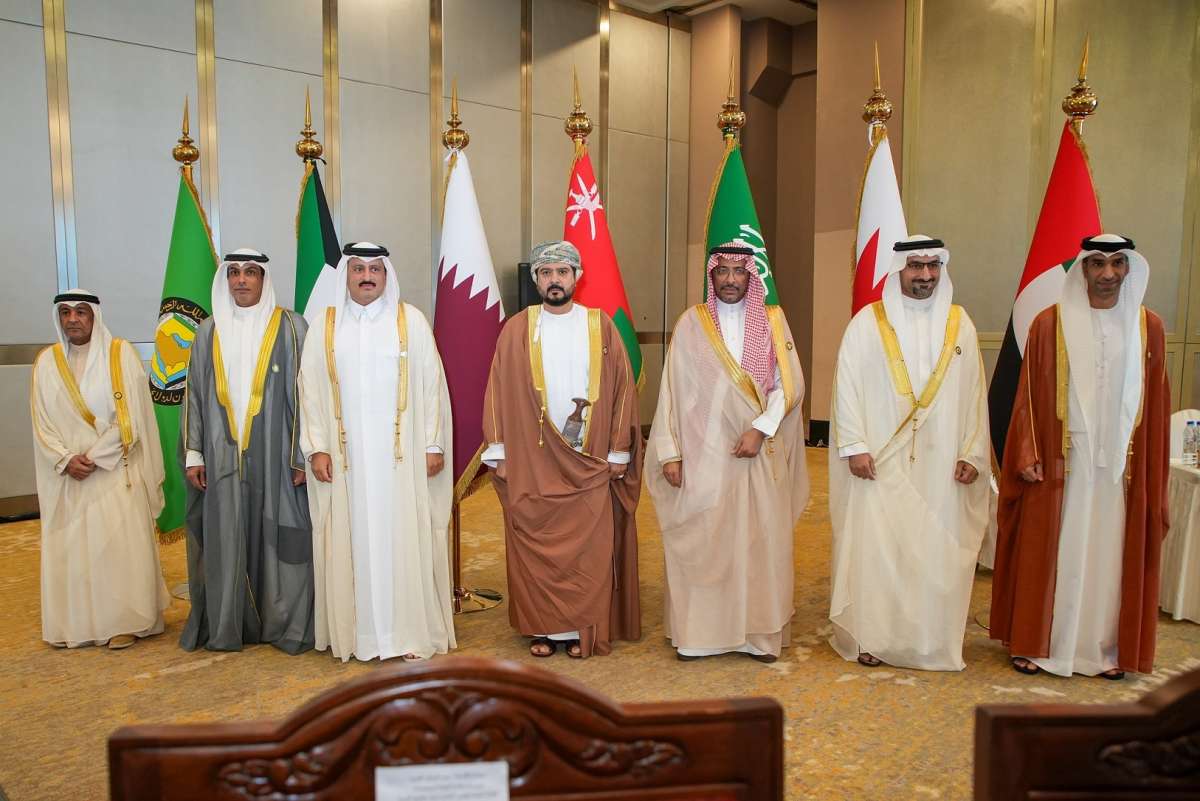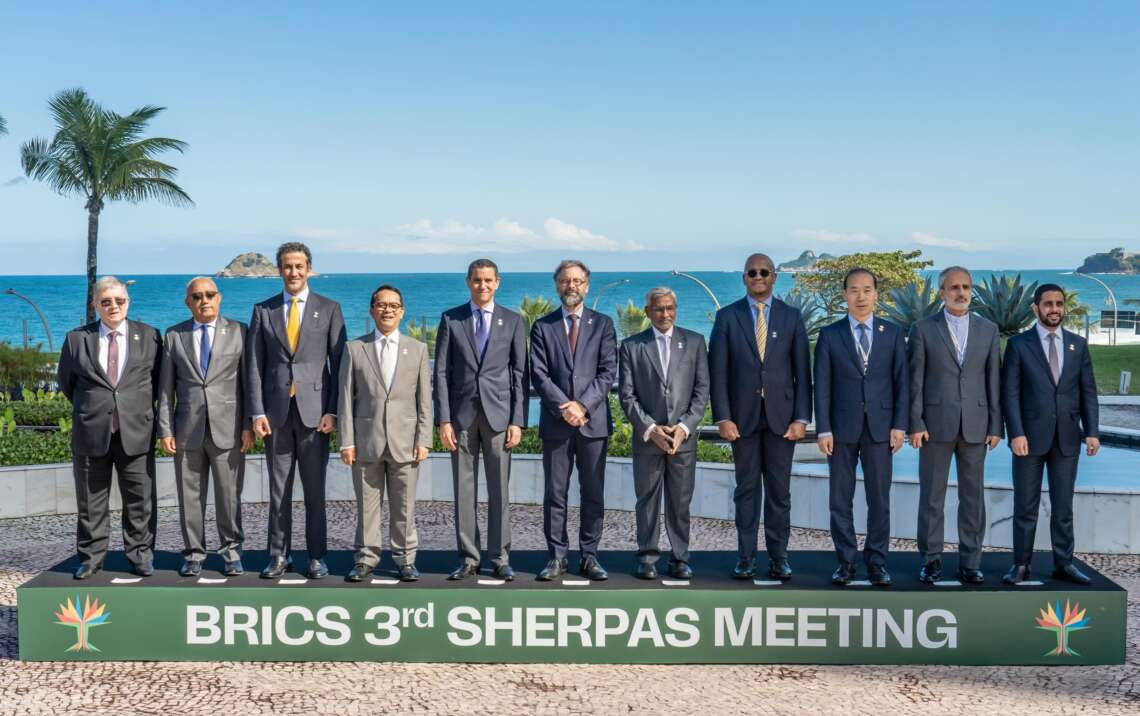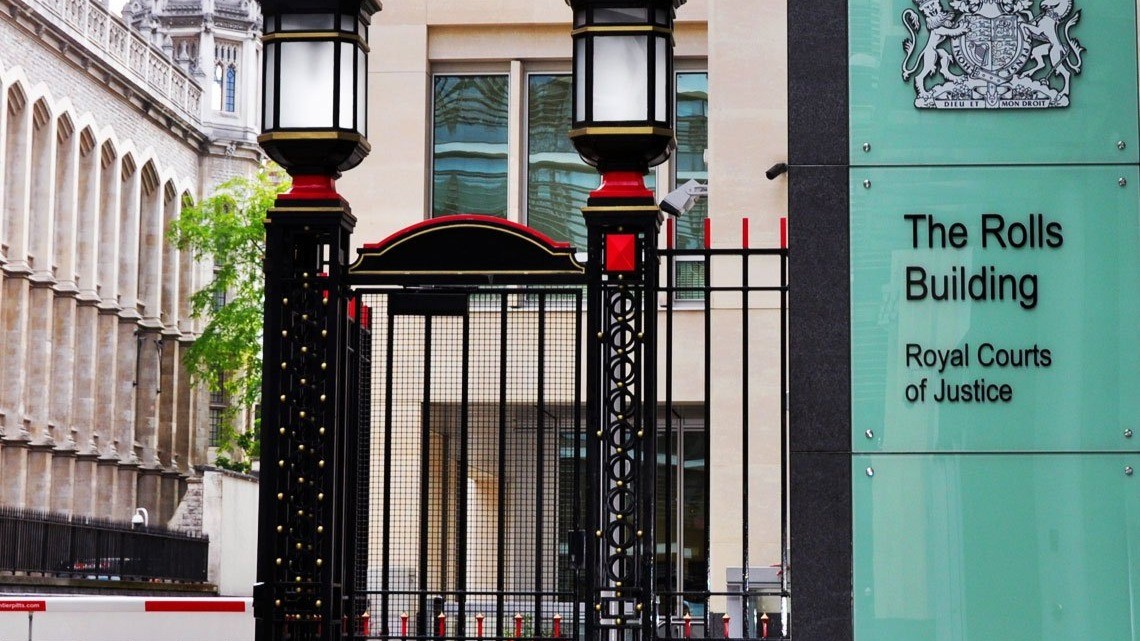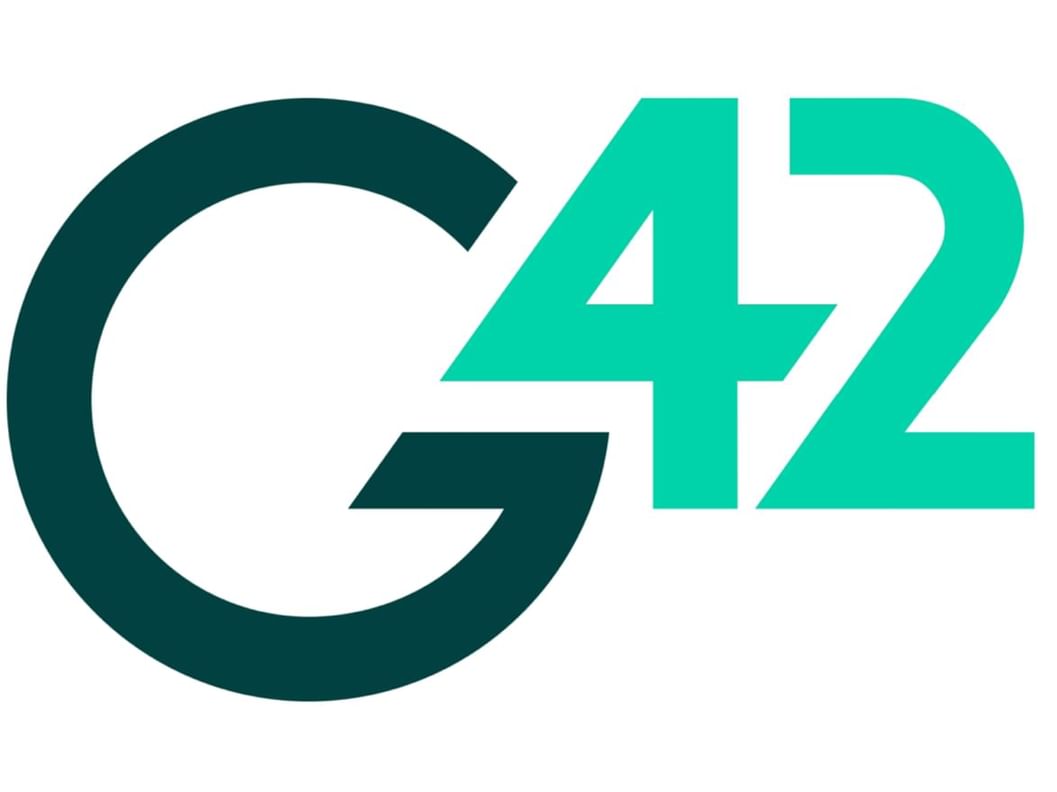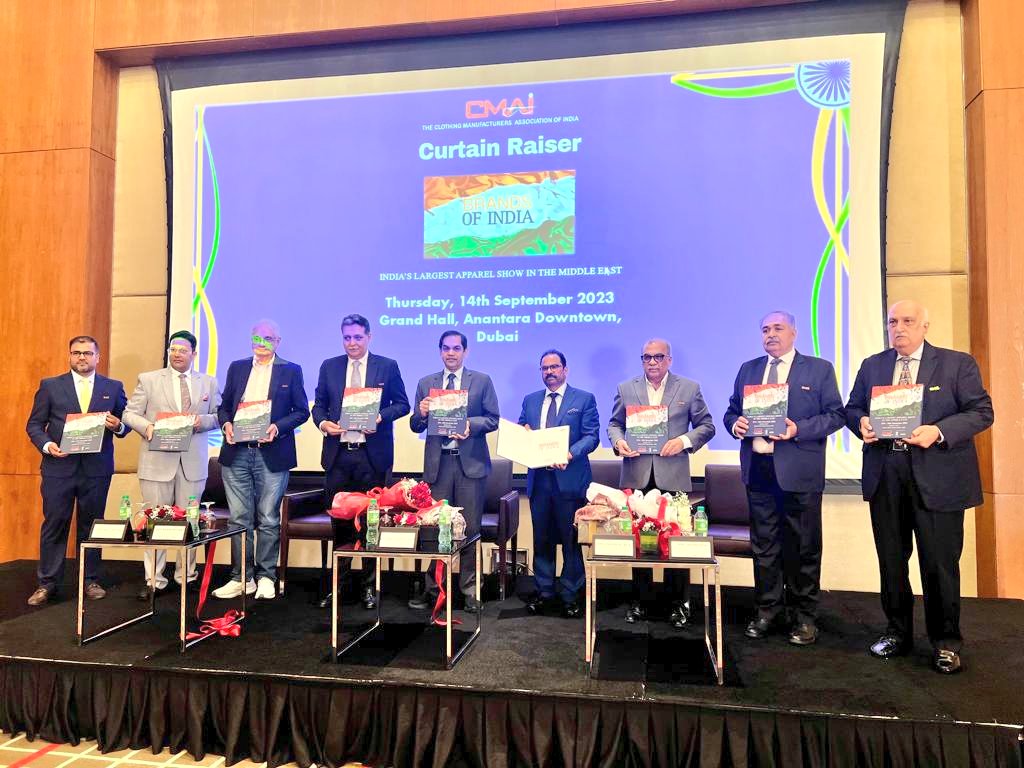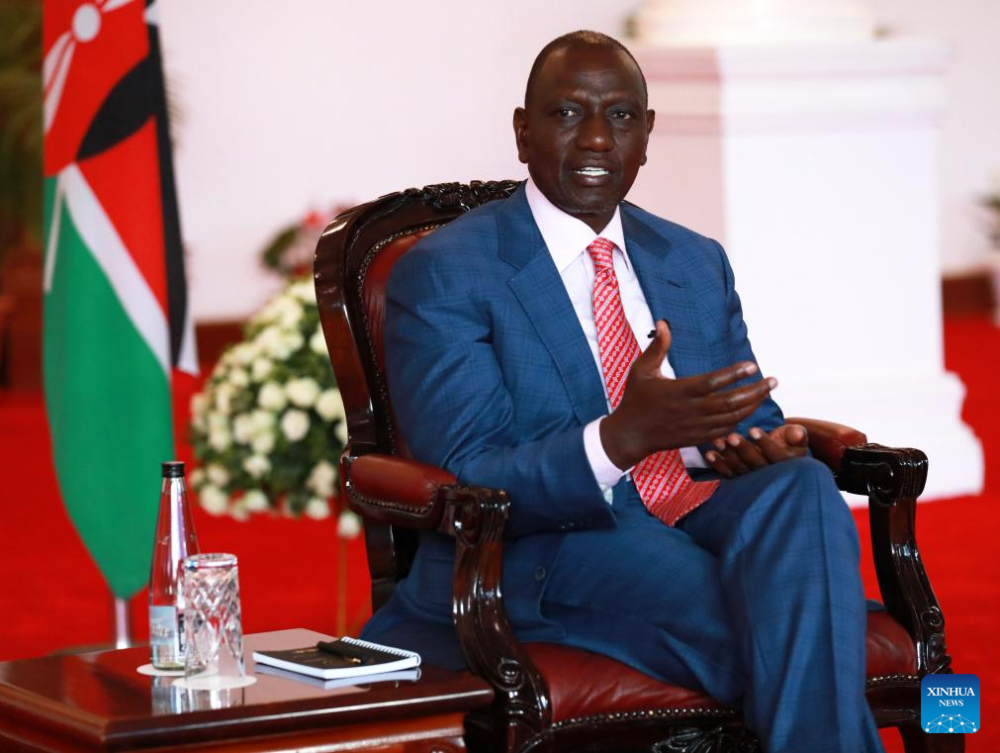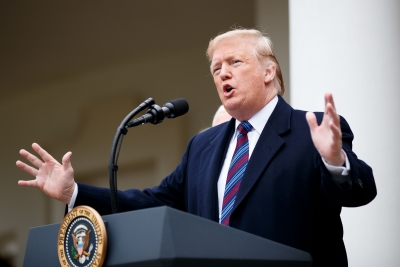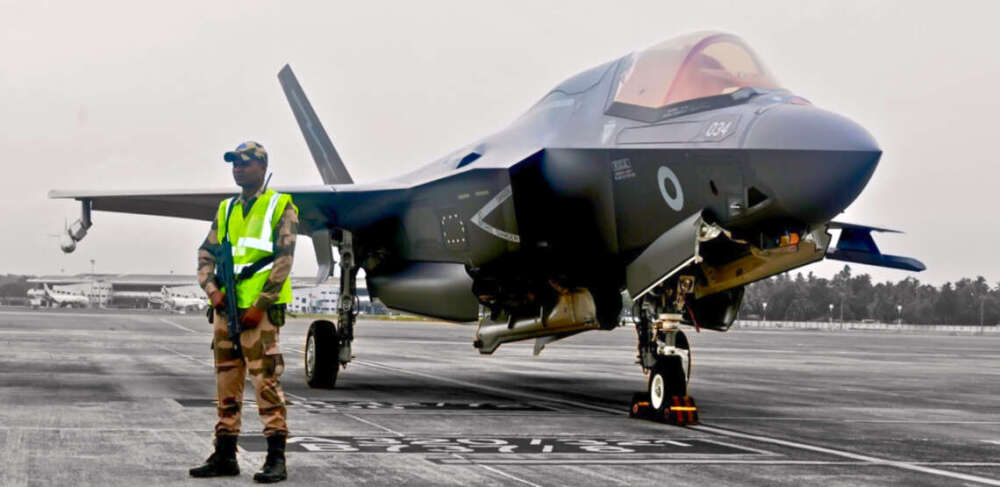Dr Thani bin Ahmed Al Zeyoudi said the structural reforms has increased the volume of the foreign trade and strengthened GCC’s position as permanent FDI hubs for investment…reports Asian Lite News
The structural reforms to the economic policies of GCC countries over the past years have contributed to diversifying their economies and raising the contribution of non-oil sectors, especially the industrial sector, said UAE Minister of State for Foreign Trade, Dr. Thani bin Ahmed Al Zeyoudi.
Al Zeyoudi led the UAE delegation at the 65th GCC Trade Cooperation Committee meeting, the 51st GCC Industrial Cooperation Committee meeting, and the sixth meeting of the GCC Ministerial Committee for Standardisation, in Salalah, Oman.
The Minister asserted that the UAE, led by President His Highness Sheikh Mohamed bin Zayed Al Nahyan, is keen on enhancing cooperation and driving further development of GCC economies, thus fostering shared economic prosperity, global competitiveness, and the well-being of their people.
“The structural reforms has also increased the volume of their foreign trade and strengthened their position as permanent FDI hubs for investment in various sectors,” Al Zeyoudi said.
“Nonetheless, there are still further enhancements needed in the GCC’s economic and industrial strategies and approaches to create more opportunities for the new economic models such as startups, cooperatives, and family businesses, among others. Embracing the pillars of the future economy, which are knowledge, innovation, and advanced technology is equally important in order to enable these sectors to make significant contributions to supporting the growth of GCC economies,” he added.

Al Zeyoudi explained that the UAE appreciates the key role played by the GCC’s sub committees, especially those concerned with consolidating trade, industrial and investment cooperation to create new paths that support joint GCC action in all areas of common interest. The key topics on their agenda support economic and industrial integration of the GCC countries and consolidate their position as attractive FDI destinations. This will lead to the creation of more employment opportunities, especially in the sectors of the new economy and increase the contribution of these sectors to the national GDPs, thus driving the diversification of GCC economies and accelerating the growth of non-oil sectors.
Furthermore, Al Zeyoudi reiterated the UAE’s support for all important outcomes of the trade cooperation, ministerial cooperation and standardisation affairs committee meetings, in a way that contributes to advancing the GCC’s progress and strengthens its leading position on the global economic landscape. He pointed out the importance of strengthening Public-Private Partnership in the GCC countries and providing all enablers for the growth of foreign trade and industrial sectors to provide more opportunities for the private sector.
With the participation of the ministers of trade and industry; members of the Ministerial Committee for Standardisation Affairs; and Jassim Mohammed AlBudaiwi, GCC Secretary General, the three committee meetings addressed several issues that concern the GCC’s private sector and contribute to the trade, industrial and investment integration between them.
The 65th GCC Trade Cooperation Committee meeting discussed several important topics that support frameworks for GCC’s economic and trade integration, including the creation of a permanent committee concerned with investment issues and stimulating investment exchanges among the GCC countries. This committee shall adopt innovative legislation, flexible mechanisms, and the means to increase trade exchanges between the GCC countries, through the development of a set of trade laws. Most notably, these include the Consumer Protection Law and the Competition Law, in addition to the preparation of a unified mandatory legislative framework for e-commerce in the GCC countries.
Meanwhile, the 51st Industrial Cooperation Committee meeting addressed the adoption of the executive regulations for the Unified Industrial Regulatory System, as well as the amended regulations exempting industry inputs from customs duties. The meeting discussed the proposal to establish an e-information platform featuring GCC’s industrial projects, and another proposal regarding the white paper for industry field, and goods subjected to collective protection. It also discussed a report on the experiences of the GCC countries in future industries, and another report on developments in finding a unified definition for local products and the standards they must follow.
Moreover, the sixth Ministerial Committee for Standardization Affairs meeting discussed the report submitted by the standardization authority and its role in defining technical frameworks to guide sustainable development in economic sectors; ensuring the safety of products and services; facilitating trade exchanges; and developing innovation methodologies in various relevant fields. It is also relevant to supporting national trends in establishing and developing new industries in line with the unified GCC standards and specifications that are compatible with international ones. The Committee also discussed recommendations for adopting a set of new GCC technical regulations, and the agreement to establish the Gulf Accreditation Center, to be submitted to the GCC Supreme Council.


